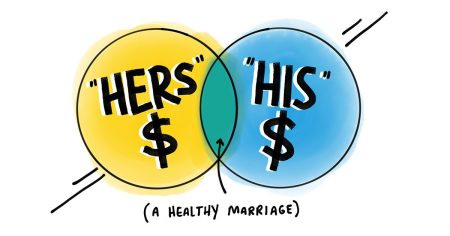Understanding the intricacies of debt collections and the statute of limitations can be critical for consumers. These concepts not only affect your financial health but can also impact your peace of mind. Whether you’re dealing with old debts or just want to be prepared for the future, having a solid grasp of these topics is essential. This article aims to shed light on what you need to know about debt collections and the statute of limitations.
Understanding Debt Collections
Debt collection is the process by which creditors try to recover overdue payments from consumers. This can involve a variety of methods, ranging from phone calls and letters to legal action. It’s important to recognize that while creditors have the right to collect what is owed to them, consumers also have rights that protect them from abusive or unfair practices.
The Fair Debt Collection Practices Act (FDCPA) is a federal law that governs debt collection practices in the United States. It sets guidelines for how debt collectors can interact with consumers, prohibiting harassment, false statements, and other unethical behaviors. Knowing your rights under the FDCPA can empower you to handle debt collectors confidently and ensure you’re treated fairly.
What is the Statute of Limitations?
The statute of limitations is a legal time frame within which a creditor can sue a debtor to collect a debt. Once this period expires, the debt becomes “time-barred,” meaning the creditor can no longer take legal action to collect it. However, the debt doesn’t disappear; it remains on your credit report and can still be pursued by debt collectors through non-legal means.
The length of the statute of limitations varies by state and depends on the type of debt. For instance, credit card debt may have a different statute of limitations than medical debt or a personal loan. Generally, the statute of limitations ranges from three to ten years. This period usually begins from the date of the last payment made on the debt.
Why the Statute of Limitations Matters
Understanding the statute of limitations on your debt is crucial for several reasons. First, it can protect you from being sued for old debts. If a debt collector threatens legal action on a time-barred debt, you have the right to contest it based on the expired statute of limitations. This can save you from unnecessary legal battles and potential financial strain.
Second, knowing the statute of limitations can help you make informed decisions about repaying old debts. Sometimes, making a payment or acknowledging the debt can reset the clock on the statute of limitations, giving creditors a new window to sue you. It’s essential to consult with a financial advisor or legal expert before making any payments on old debts.
Handling Debt Collectors
When dealing with debt collectors, it’s vital to know your rights and the status of your debts. If you’re contacted about a debt, ask for written validation to ensure the debt is legitimate and within the statute of limitations. This validation should include details about the original creditor, the amount owed, and any payments made.
If the debt is time-barred, you can tell the debt collector that the statute of limitations has expired. While they can still attempt to collect the debt through other means, they cannot legally sue you. Keep records of all communications with debt collectors for your records, and in case any disputes arise.
Credit Reports and Time-Barred Debts
While the statute of limitations can protect you from legal action, it doesn’t remove the debt from your credit report. Most debts remain on your credit report for seven years from the date of the last payment. This can affect your credit score and make it challenging to obtain new credit.
If you have old debts that are affecting your credit report, consider negotiating with the creditor or debt collector for a settlement or a “pay for delete” agreement. This can sometimes result in the debt being removed from your credit report in exchange for a payment. Always get any agreements in writing before making a payment.
Moving Forward
Dealing with debt collections and understanding the statute of limitations can be daunting, but it doesn’t have to be overwhelming. By educating yourself and knowing your rights, you can navigate these challenges with confidence and take control of your financial future.
If you’re struggling with debt or unsure about the status of your debts, consider seeking help from a financial counselor or legal expert. They can provide personalized advice and assist you in developing a plan to manage your debts effectively. Remember, you’re not alone, and there are resources available to support you on your journey to financial stability.
Know Your Rights and Stay Proactive
In conclusion, debt collections and the statute of limitations are critical concepts that every consumer should understand. By knowing your rights and taking proactive steps, you can protect yourself from unfair practices and make informed decisions about your financial well-being. Stay informed, stay empowered, and take charge of your financial future.
If you’re struggling to pay off debt, ACCC can help. Schedule a free credit counseling session with us today.
Read the full article here










